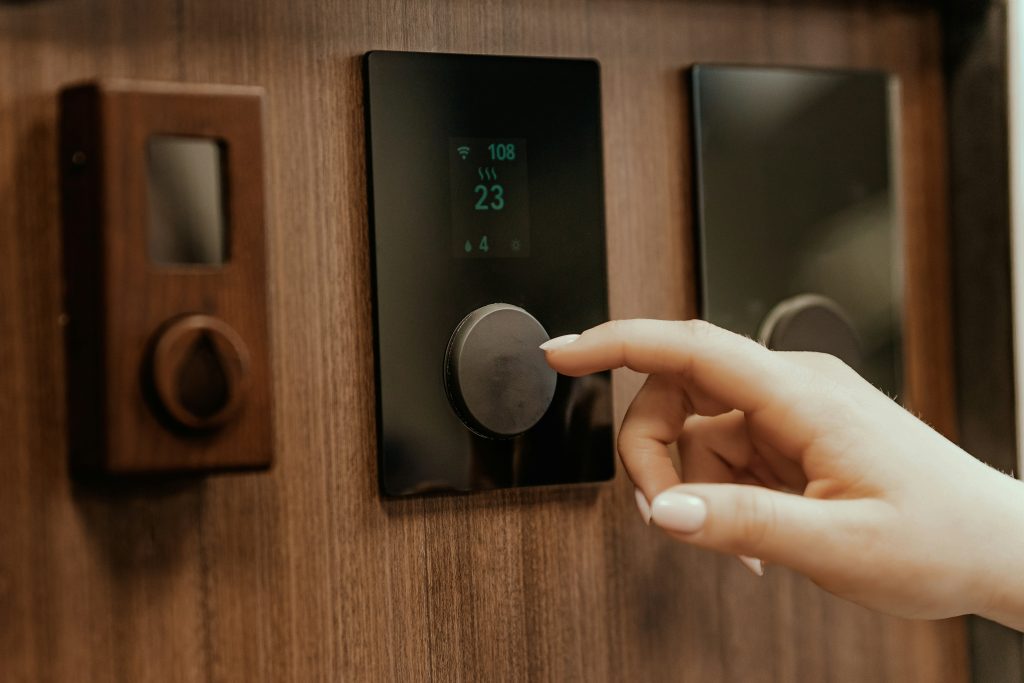How to Choose the Right Air Conditioner for Your Home?

Introduction
Nearly 90% of American households use air conditioning in some form, highlighting the importance of having a comfortable and healthy living environment, especially during the sweltering summer months. Choosing the right air conditioner is crucial not only for your comfort but also for your energy bills and overall well-being. Dingdoor is here to help you find the perfect air conditioning solution tailored to your home’s unique needs.
1. Understanding Your Home's Needs
1.1 Determining the Right Size of Air Conditioner
Calculating the appropriate size of your air conditioner is essential for efficient cooling. To determine the required BTU (British Thermal Units), measure the square footage of the room. For example, a small bedroom may need around 5,000 BTUs, while a larger living room could require 12,000 BTUs or more.
1.2 Evaluating Energy Efficiency
When selecting an air conditioner, consider its energy efficiency ratings, such as SEER (Seasonal Energy Efficiency Ratio) and EER (Energy Efficiency Ratio). A higher rating indicates better efficiency, which can lead to significant savings on your energy bills over time. Investing in an energy-efficient model may have a higher upfront cost but will pay off in the long run.
1.3 Establishing a Realistic Budget
It's important to set a budget that considers both the initial purchase price and ongoing operational costs. While some units may be cheaper upfront, they could lead to higher energy bills. Look for options that fit within your budget while also providing long-term savings.
2. Types of Air Conditioners
2.1 Portable Air Conditioners
Portable air conditioners are ideal for small spaces or for those who cannot install fixed units. They offer flexibility but may not cool as efficiently as other types.
2.2 Window Air Conditioners
Window units are a cost-effective solution for cooling single rooms. They are easy to install but can be noisy and may block your view.
2.3 Central Air Conditioning Systems
Central air conditioning systems are perfect for larger homes, providing consistent cooling throughout. They require ductwork and professional installation, making them a more significant investment.
2.4 Split Systems
Split systems consist of an indoor and outdoor unit, offering efficient cooling without the need for ductwork. They are versatile and can be used to cool multiple rooms.
3. Additional Features to Consider
3.1 The Importance of Filters and Maintenance
Regular maintenance of your air conditioner's filters is crucial for optimal performance. Clean or replace filters every month to ensure efficient airflow and improve indoor air quality.
3.2 Smart Functions
Modern air conditioners often come with smart features, such as remote control via smartphone apps, programmable timers, and integration with smart home systems. These features enhance convenience and energy efficiency.
3.3 Noise Levels
Consider the noise levels of different air conditioning units. Portable and window units tend to be noisier, while split and central systems operate more quietly, contributing to a more comfortable home environment.
4. Why Professional Installation Matters
Hiring professionals for installation ensures that your air conditioning system is set up correctly and safely. They have the expertise to handle complex installations and can help avoid potential issues.
5. Conclusion
Choosing the right air conditioner is essential for enhancing your comfort and saving on energy costs. By understanding your home's needs, evaluating different types of units, and considering additional features, you can make an informed decision. Remember, investing in the right air conditioning system is not just about immediate comfort; it’s a smart long-term investment.

